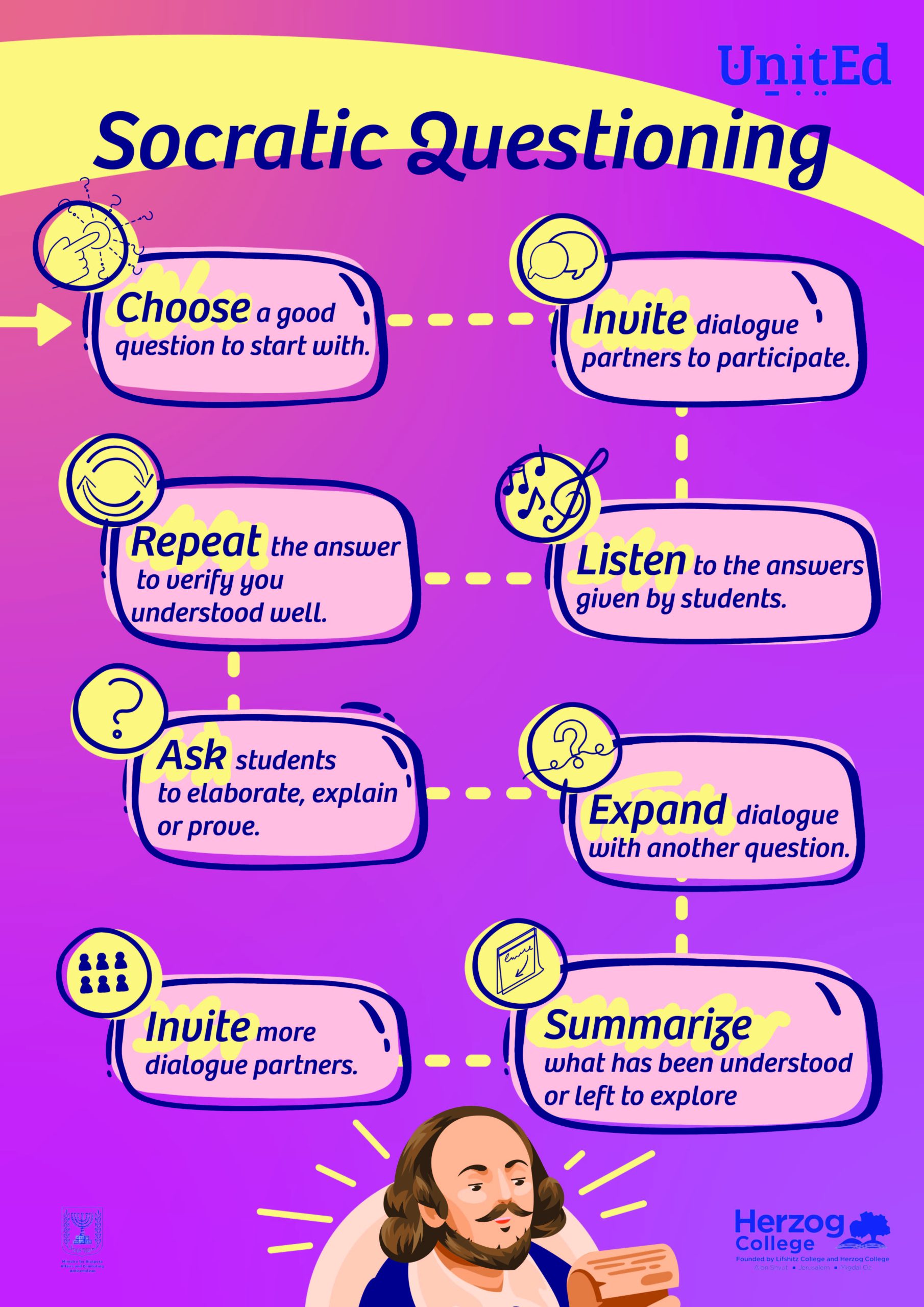Socratic Questioning
Learning
Learning
Learning

What is this?
Developed by the Greek philosopher Socrates, The Socratic Method involves a continuous dialogue between teacher and student.
Socratic teaching practice is sustained by the on-going questions presented by the teacher, which explore the underlying beliefs,views and opinions of the students. Socratic questioning is a back and forth conversation between students, or between students and teacher, which continues until students’ reasoning has been expressed clearly. Socratic practice is better used to demonstrate complexity, difficulty, and uncertainty than to elicit facts about the world or directly teach ideas or concepts. Socratic dialogue creates a learning environment of “productive discomfort”.
How To Use It?
The teacher leads by asking a thought-provoking question. Students actively engage by trying to reply or debate amongst themselves. The teacher then poses a further question to examine the students’ reply and underlying beliefs. The discussion goes back and forth to explore the students’ definitions and understanding of values.
Socratic questioning can be led either by teacher or in small student led groups.
When To Use?
Socratic teaching practice is best used when presenting topics or texts which relate to belief systems or values. Some examples are:
- Clarifying concepts.
- Probing assumptions.
- Probing rationale, reasons and evidence.
- Questioning viewpoints and perspectives.
- Probing implications and consequences.
How To Assess?
Teacher assessment of socratic dialogues can address these issues:
- Were students positively engaged in the discussion?
- Did students express curiosity? Did they tolerate different opinions?
- Was everybody heard? Did most students participate?
- Were students able to express diverse opinions?
Give students the opportunity to reflect on their own performance
Reflecting helps students improve their ability to participate in future discussions.
Here are some questions you might discuss or have students write about:
- What parts of the discussion did you find most interesting?
- How has your understanding of a topic been affected by the socratic discussion?
- Were your answers based more on evidence or opinion?
Student reflections can be documented in short essays, post it notes or interactive technology based sharing methods.

